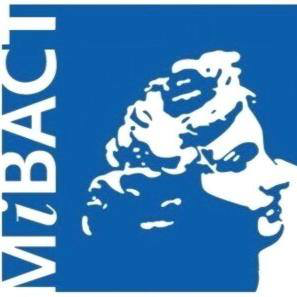Summary (English)
This season, in trench M, west of the back wall of the small archaic sacellum, a sondage was opened in which cymae and facing slabs from the first phase were found. In sondage H a new room emerged (room 19) in the domus, south of the atrium. It was preserved in its late form, presenting an opus signinum floor and painted wall plaster. To the west, a small room (room 7) was uncovered, built between the 3rd and 4th century B.C., in which there was a complex water supply system formed by a series of small channels made of tiles and mortar.
Sondage H-W was opened in room 14 were two substantial layers of collapse were removed. The latter contained abundant pottery, mainly African amphora and cooking wares. The complete perimeter of a glass kiln was exposed on the south side of the sondage.
In sondage N-T, following the removal of the early medieval and Roman levels, the Etruscan building, partially excavated in 2016, was exposed. Its foundations were made up of tufa blocks similar in size and construction technique to those of temple C, but on a different alignment.
The dressing-room of the second bath complex came to light in ¬sondage R. It was paved in opus spicatum and had a masonry-built bench, faced with red-painted opus signinum, below which were 18 niches formed by tiles positioned “a cappuccina”.
In the south area, up against the south wall of the trench, the continuation of the perimeter wall of the complex was identified. This was constituted by a single course of tufa blocks, unlike the other sections of the wall that have been investigated, which had a double facing and a drainage channel at the centre in which the mouth of an outlet is visible at the moment. In the north-east corner there was a small channel made of imbrices, which led from the quadrangular vat in the direction of the fountain below the present scarp.
- Simonetta Stopponi
Director
Team
- Giovanni Altamore
- Simone Moretti Giani
- Nicola Bruni
- Marco Cruciani; Alessandro Giacobbi; Danilo Leone; Silvia Simonetti; Luca Millo; Vincenzo Valenzano; Giovanni Vergineo
- Danilo Nati
- Francesca Bellagamba
- Stefania Pompili
Research Body
- Associazione Campo della Fiera- Onlus
Funding Body
- Fondazione Cassa di Risparmio di Orvieto
Images
- No files have been added yet




